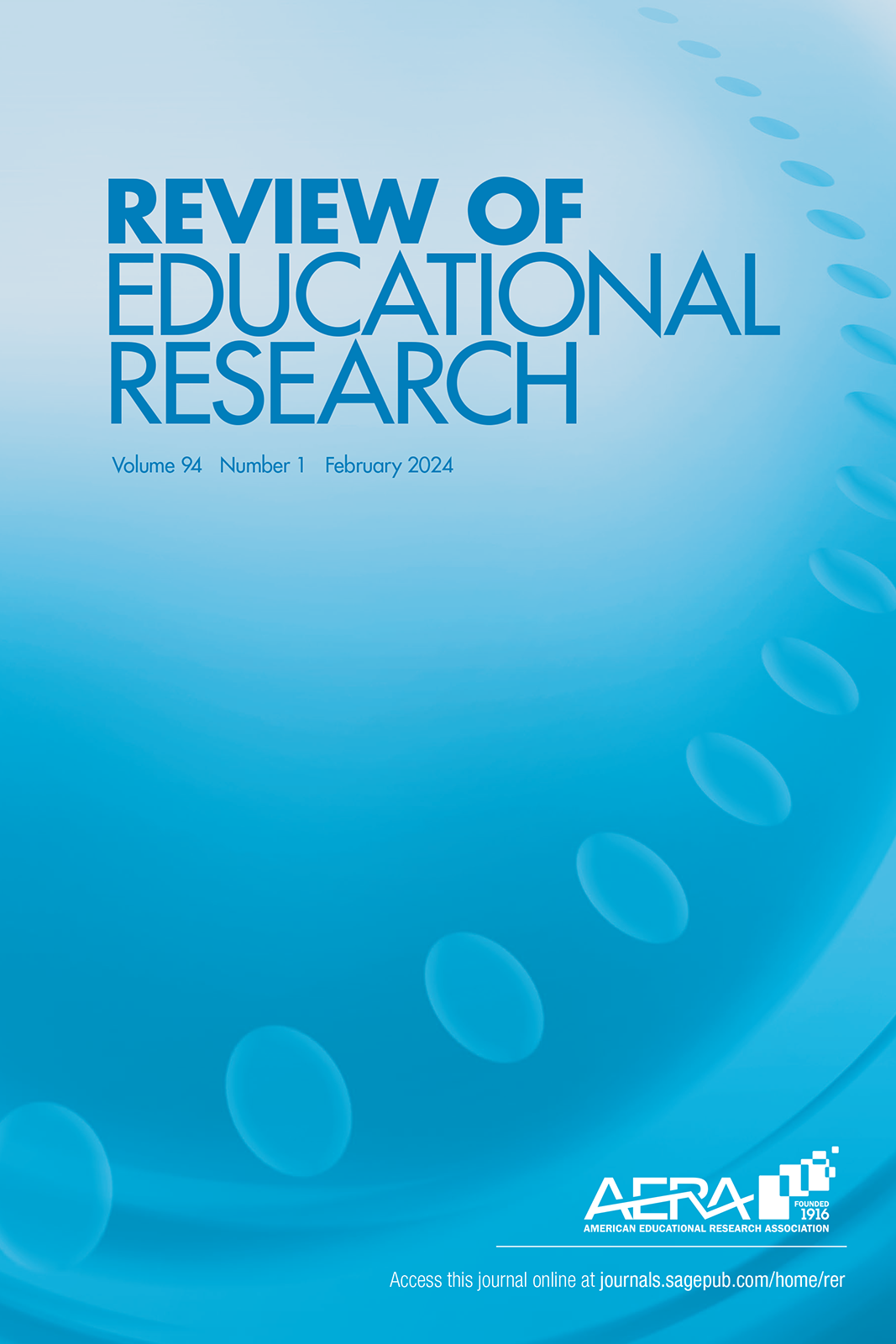Leveraging What Students Know to Make Sense of Texts: What the Research Says About Prior Knowledge Activation
IF 7.4
1区 教育学
Q1 EDUCATION & EDUCATIONAL RESEARCH
引用次数: 8
Abstract
This systematic literature review examined the research on prior knowledge and its activation to ascertain how these terms are defined, what specific techniques have been empirically investigated, and the conditions under which prior knowledge activation facilitated students’ comprehension. Fifty-four articles met the inclusion criteria and revealed that the terms prior knowledge and prior knowledge activation were often vaguely defined. Further, 30 unique techniques for activating readers’ prior knowledge representing eight different categories were identified. Those categories were open-ended prompts, procedural or strategic supports during reading, visual representations, analogical reasoning, text alteration, augmented activation, extratextual activities, and spontaneous activation. Techniques meant to facilitate knowledge activation prior to reading were most common, although the prompting of students’ existing knowledge was beneficial during and after reading as well. Variability in the effectiveness of activation techniques was related, in part, to the amount, accuracy, and specificity of students’ knowledge. Based on the key findings identified in this review, recommendations for future inquiry are forwarded, including suggested definitions of prior knowledge and prior knowledge activation.利用学生所知理解文本:研究对先验知识激活的看法
这篇系统的文献综述考察了对先验知识及其激活的研究,以确定这些术语是如何定义的,对哪些具体技术进行了实证研究,以及先验知识激活促进学生理解的条件。54篇文章符合纳入标准,并显示先前知识和先前知识激活这两个术语的定义往往模糊不清。此外,还确定了30种独特的激活读者先验知识的技术,代表了八个不同的类别。这些类别包括开放式提示、阅读过程中的程序或策略支持、视觉表征、类比推理、文本转换、增强激活、语篇外活动和自发激活。旨在促进阅读前知识激活的技术是最常见的,尽管在阅读期间和阅读后对学生现有知识的提示也是有益的。激活技术有效性的可变性在一定程度上与学生知识的数量、准确性和特异性有关。根据本综述中确定的关键发现,提出了未来调查的建议,包括对先验知识和先验知识激活的建议定义。
本文章由计算机程序翻译,如有差异,请以英文原文为准。
求助全文
约1分钟内获得全文
求助全文
来源期刊

Review of Educational Research
EDUCATION & EDUCATIONAL RESEARCH-
CiteScore
24.10
自引率
2.70%
发文量
28
期刊介绍:
The Review of Educational Research (RER), a quarterly publication initiated in 1931 with approximately 640 pages per volume year, is dedicated to presenting critical, integrative reviews of research literature relevant to education. These reviews encompass conceptualizations, interpretations, and syntheses of scholarly work across fields broadly pertinent to education and educational research. Welcoming submissions from any discipline, RER encourages research reviews in psychology, sociology, history, philosophy, political science, economics, computer science, statistics, anthropology, and biology, provided the review addresses educational issues. While original empirical research is not published independently, RER incorporates it within broader integrative reviews. The journal may occasionally feature solicited, rigorously refereed analytic reviews of special topics, especially from disciplines underrepresented in educational research.
 求助内容:
求助内容: 应助结果提醒方式:
应助结果提醒方式:


